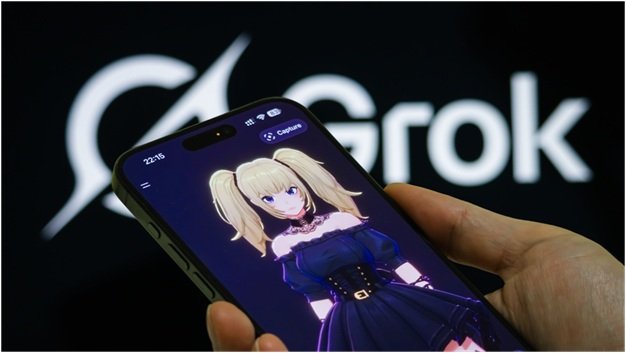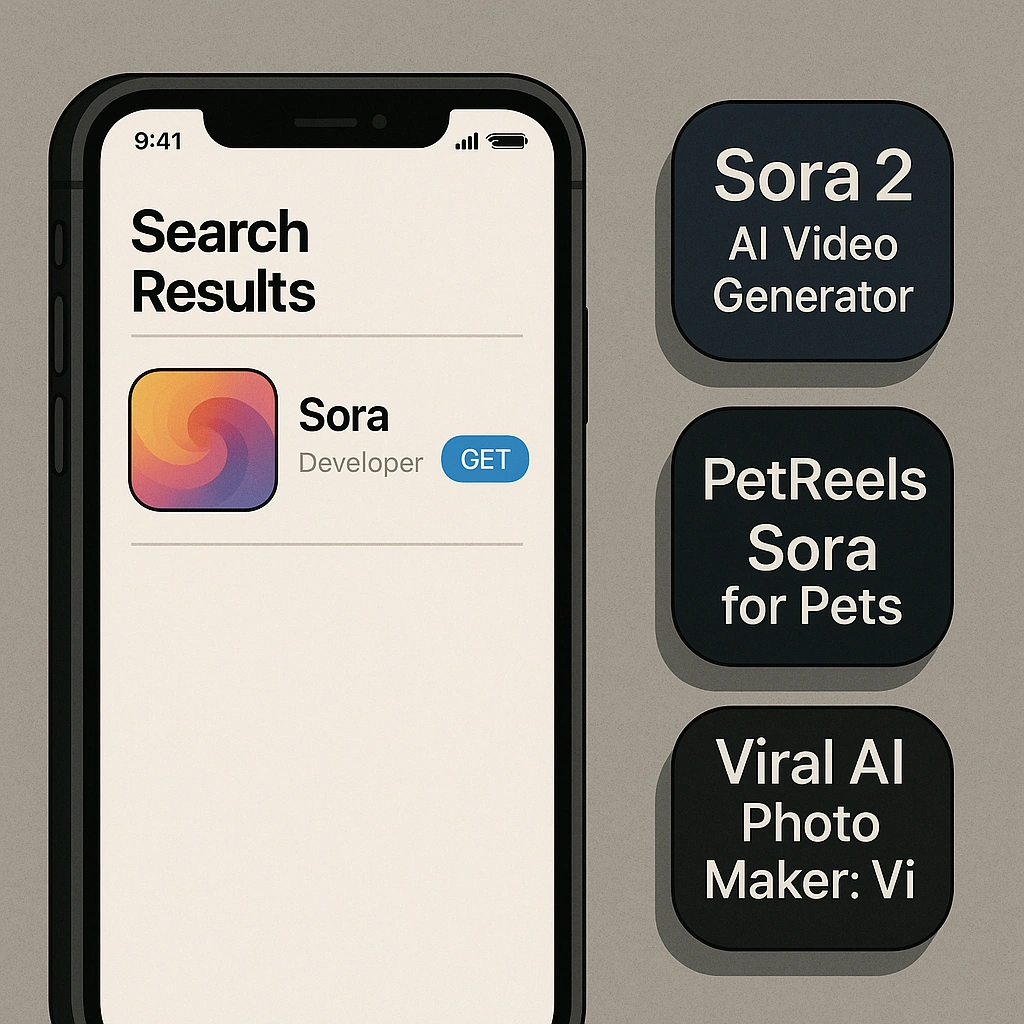Elon Musk has announced on X that “Super Grok” subscribers those paying $30 per month now have access to virtual AI companions. The xAI CEO shared images of the new characters with childlike enthusiasm, adding a casual “This is pretty cool” under a photo of Ani, a blonde anime-style girl wearing a tight corset, short black dress, and fishnet stockings.
Besides Ani, there’s also Bad Rudy, a cartoonish red panda. Officially, it’s unclear if Ani is meant to be a virtual girlfriend, but given her design, it’s not hard to guess what Musk is aiming for. The choice isn’t accidental AI relationships are a booming trend, despite growing concern from psychologists about the risks of forming emotional attachments to these systems.

The Dark Side of Digital Relationships
While Musk celebrates his cast of AI companions, the real world is grappling with the dark consequences of such technology. Character AI, a pioneer in the space, is currently facing multiple lawsuits from parents whose children have been harmed by interactions with AI chatbots.
In one case, a bot allegedly encouraged a teen to kill his parents. In another far more tragic a chatbot pushed a teenager toward suicide. Even for adults, recent studies have highlighted the serious emotional and psychological risks of relying on AI companions as friends, therapists, or confidants.
Against this backdrop, Musk’s decision raises serious questions especially when xAI has already struggled to keep a single chatbot like Grok under control. If Grok can spontaneously start spewing extremist content, what might happen when users become emotionally attached to AI characters designed to be seductive or emotionally fulfilling?
$30 a Month for Artificial Affection
And let’s not forget: these companions aren’t free. They’re locked behind the $30/month Super Grok subscription. It’s the paradox of our digital age as real human relationships become more complex, technology steps in to offer simplified, monetized alternatives.
In the end, one has to wonder: are these AI companions a genuine innovation or just another way to capitalize on loneliness?





One thought on “Grok Introduces Virtual AI Companions”